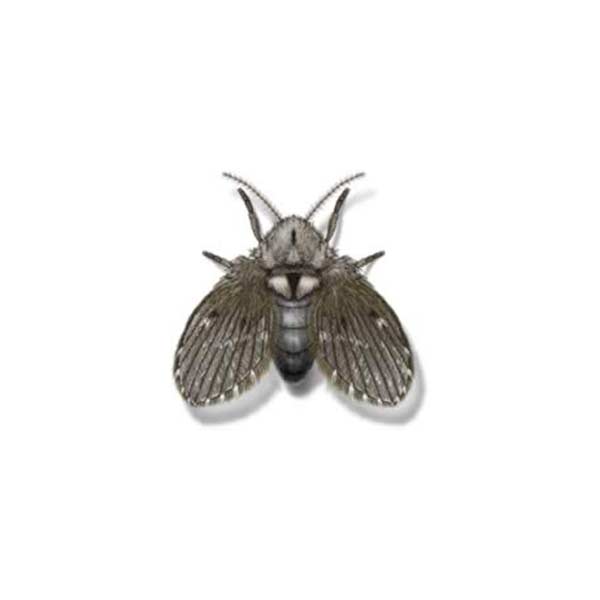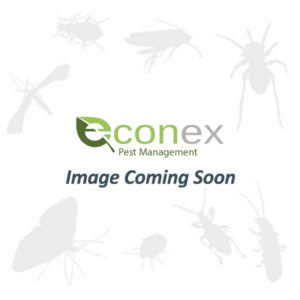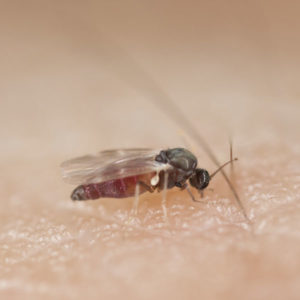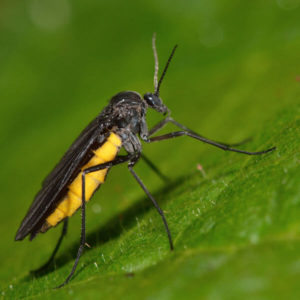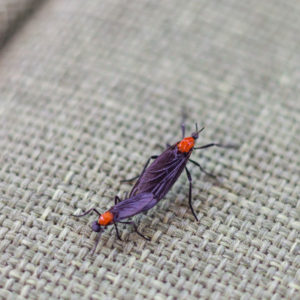Drain Flies in Anaheim
Drain flies, also known as moth flies, are part of the Psychodidae family and are named for their tendency to reproduce in drains. These insects are present across the United States and can be a source of irritation in households, occasionally emerging unexpectedly from sink or bathtub drains. In large quantities, they can multiply rapidly in sewage treatment facilities. Since they are not strong fliers, they may get carried by the wind to nearby structures where they can easily slip through regular fly screens.
Drain Fly Habitat
Drain flies develop in damp or gooey substances found in sewage disposal areas, septic tanks, compost piles, or unclean trash containers. They can also emerge from sink or bathtub drains or natural organic matter like abandoned bird nests that are full of droppings. Drain flies tend to congregate, mate, and lay eggs in areas with plenty of moisture or stagnant water. They particularly favor the slimy film that forms in sewers and drains as a prime breeding location. When inside buildings, they are strongly drawn to light sources and can be seen on windows or lighting fixtures.
Drain Fly Behaviors, Threats, or Dangers
Drain flies do not bite people or animals, nor do they harm buildings or plants. However, since these flies come from unsanitary places, they have the potential to carry and transmit diseases. Their populations can be a major annoyance in homes, and they are typically associated with clogged drains. In residential settings, bathroom drains are the most common breeding grounds for these flies. Drain flies are not strong fliers, and when you come across them, they are often seen crawling on walls and other surfaces.
If you’re dealing with a drain fly issue on your property, it’s a good idea to reach out to your local pest control experts for help.

